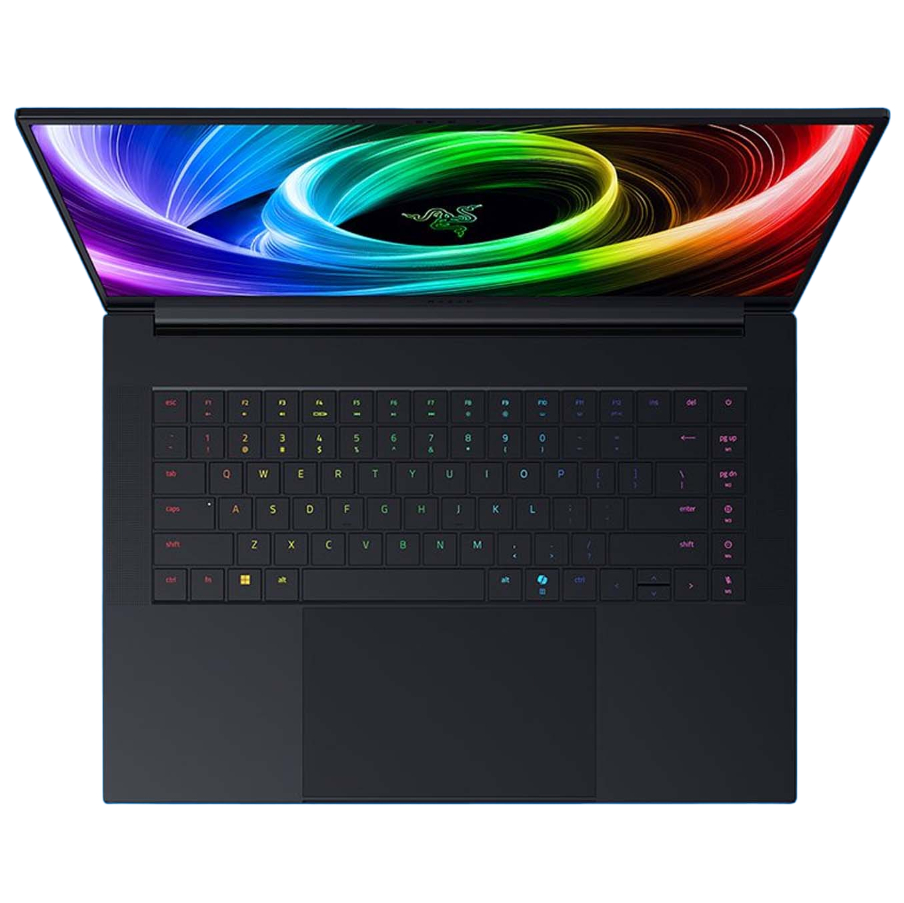Singapore case of fraudulent AI chip shipments to China in wake of US fears of military use has been adjourned until August
The adjournment is to give police more time to review evidence and get international responses.

Keep up to date with the most important stories and the best deals, as picked by the PC Gamer team.
You are now subscribed
Your newsletter sign-up was successful
Want to add more newsletters?

Every Friday
GamesRadar+
Your weekly update on everything you could ever want to know about the games you already love, games we know you're going to love in the near future, and tales from the communities that surround them.

Every Thursday
GTA 6 O'clock
Our special GTA 6 newsletter, with breaking news, insider info, and rumor analysis from the award-winning GTA 6 O'clock experts.

Every Friday
Knowledge
From the creators of Edge: A weekly videogame industry newsletter with analysis from expert writers, guidance from professionals, and insight into what's on the horizon.

Every Thursday
The Setup
Hardware nerds unite, sign up to our free tech newsletter for a weekly digest of the hottest new tech, the latest gadgets on the test bench, and much more.

Every Wednesday
Switch 2 Spotlight
Sign up to our new Switch 2 newsletter, where we bring you the latest talking points on Nintendo's new console each week, bring you up to date on the news, and recommend what games to play.

Every Saturday
The Watchlist
Subscribe for a weekly digest of the movie and TV news that matters, direct to your inbox. From first-look trailers, interviews, reviews and explainers, we've got you covered.

Once a month
SFX
Get sneak previews, exclusive competitions and details of special events each month!
This year we've seen a massive crackdown on AI tech shipments into China with mounting fears they might be powering the country's military. It's gotten to the point that high-end cards are being geotracked while the US continues to pressure ports like Malaysia to keep these rigs out of China's hands.
Now, the latest development in a Singaporean case around the United States' campaign to cease Nvidia shipments to China has just been put on hold. Reuters states the current big case looking into illegal shipments of Nvidia's AI powered silicon has just been adjourned until August 22. The hiatus is to give police more time to review evidence and potentially seek further responses. The case points to three defendants all linked by local media with accusations around the illicit movements of this tech.
The charges levelled against the three men were around making false representations to unnamed server suppliers about the end users of goods purchased in 2023 and 2024. Back in March this year Singapore Home Affairs Minister K Shanmugam stated that the case was being investigated thanks to an anonymous tip. At the time it looked like Nvidia chips might be present in the shipments, pointing to a rather big no-no with the United States' current bans
The affected servers came from Dell Technologies and Super Micro Computer, and were being sent to Singapore for a stop over before being forwarded on to Malaysia. It's unknown whether these shipments were terminating in Malaysia, or were intended for further transit onwards to China.
The case appears to be much larger than the three men mentioned above. A broader police investigation is currently being led into 22 individuals and companies all suspected of the same kind of fraud—the misrepresentation of shipments likely in the efforts to export these AI powered chips into China against North American wishes.
Singapore as a market accounts for a huge number of tech purchases every year. Last year it came second to the United States as Nvidia's biggest market, so it's no wonder such a high level of scrutiny is being levelled. That being said, while Singapore is a huge buyer, only 2 percent of the countries Nvidia purchases wind up with shipments there. Instead it's regularly used as a hub or invoicing for places all over the world, so while the purchasing is often done in Singapore, that doesn't mean any of this technology is passing through their shores.
Still, we'll likely find out more about this case in late August. Until then, the authorities have this opportunity to gather more evidence and chase leads to figure out whether this fraud has taken place, and to what level.
Keep up to date with the most important stories and the best deals, as picked by the PC Gamer team.

1. Best overall:
Razer Blade 16 (2025)
2. Best budget:
Gigabyte G6X
3. Best 14-inch:
Razer Blade 14 (2025)
4. Best mid-range:
MSI Vector 16 HX AI
5. Best high-performance:
Lenovo Legion Pro 7i Gen 10
6. Best 17-inch:
Gigabyte Aorus 17X

Hope’s been writing about games for about a decade, starting out way back when on the Australian Nintendo fan site Vooks.net. Since then, she’s talked far too much about games and tech for publications such as Techlife, Byteside, IGN, and GameSpot. Of course there’s also here at PC Gamer, where she gets to indulge her inner hardware nerd with news and reviews. You can usually find Hope fawning over some art, tech, or likely a wonderful combination of them both and where relevant she’ll share them with you here. When she’s not writing about the amazing creations of others, she’s working on what she hopes will one day be her own. You can find her fictional chill out ambient far future sci-fi radio show/album/listening experience podcast right here.
No, she’s not kidding.
You must confirm your public display name before commenting
Please logout and then login again, you will then be prompted to enter your display name.

